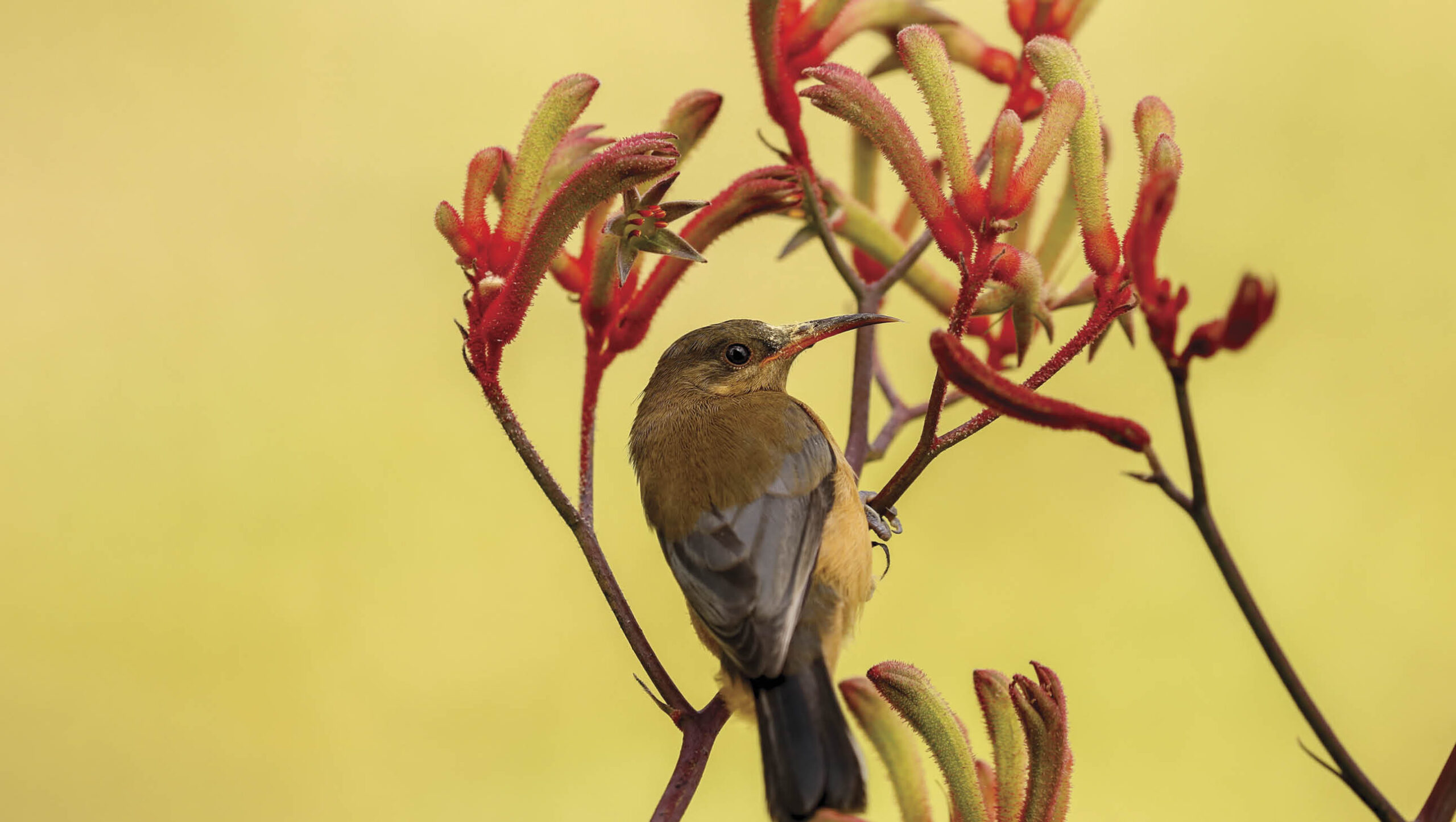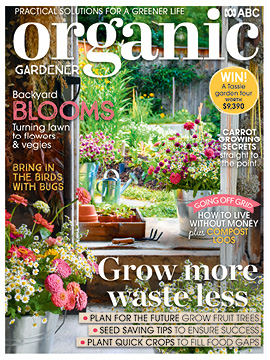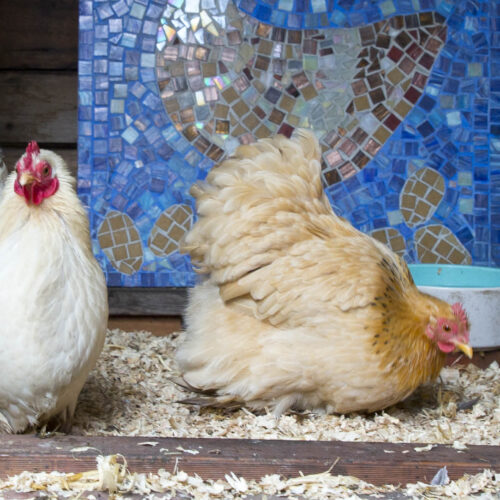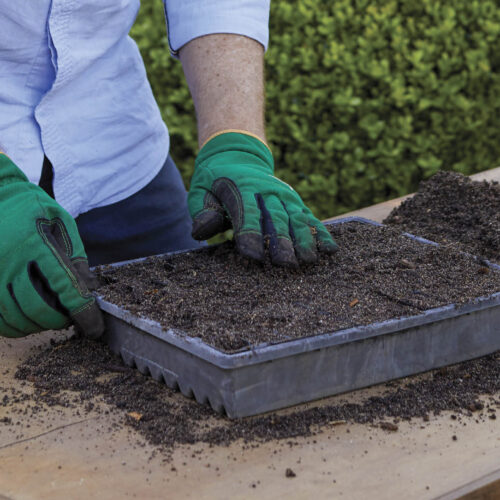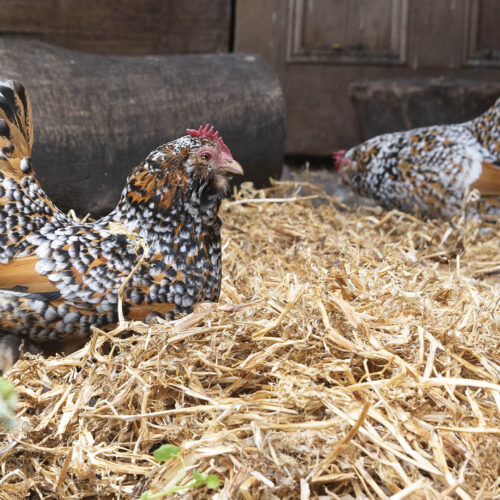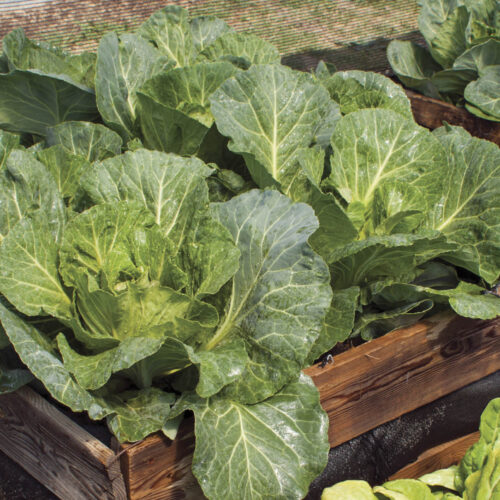How to bring more birds into your garden
2024-03-14T00:29:23+11:00
Insects play a vital role in supporting native birds. Here's how you can plant to attract more bugs, and so more birds, to your backyard.
Gardening with native birds in mind is mostly about the small rewards. Spotting a yellow-faced honeyeater drinking from the kangaroo paws that you planted specifically to attract them makes the effort worthwhile.
However, each small encounter in your garden is preceded by a sequence of complex environmental events. Before visiting your kangaroo paw, that honeyeater needed to fuel their flight there, eating insects for protein, and drinking nectar from largely insect-pollinated plants. In turn, the soils in which food plants grow are enriched by soil-dwelling ants, beetles and other insects.
Australian birds rely on a complex array of ecosystem processes to survive, and in each aspect, invertebrates act as mediators. It means the more you can do to support insect life in your garden, you will be supporting bird life.
Growing for birds
Every bird in Australia relies either directly or indirectly on invertebrates. Pardalotes feed on psyllid bugs that draw sap from native trees, while yellow-tailed black-cockatoos feed on moth and beetle grubs embedded in tree branches and trunks. As mentioned, honeyeaters balance their sugary diet with the proteins of gnats, flies, beetles and other insects. In equal measure, they retrieve nectar from flowers that are commonly pollinated by native bees and flies.
Bee-eaters feed on a range of flying insects, while little brown birds (thornbills, scrubwrens and gerygones) eat small gnats and flies in abundance. Important fruits for birds (figs, pittosporums, coprosma and others) develop after being pollinated by insects. Many cup-nest-building birds, including the yellow-faced honeyeater, even use spiderwebs to reinforce their nests.
Supporting biodiversity
Not only are invertebrates an important food source for most birds, they also produce healthy soils, enriching plant life in turn. Insects, such as darkling beetles, earwigs and cockroaches, are important decomposers, helping to break down nutrients to be recycled back into your garden. Without healthy insect life, it would be impossible to maintain a supportive ecosystem for birds.
Building healthy insect life can also help suppress aphids and mites that can sometimes overrun our plants. Some ladybird species specialise in consuming aphids, such as the common ladybird, as do various lacewing species.
Ultimately, when we support biodiversity, we get to engage with, and reflect on, the positive environmental impact our small backyards can have.
To learn more about attracting insects and birds to your garden, you can read Georgia’s full article in the Autumn 2024 issue (OG 148). Get a copy here.

